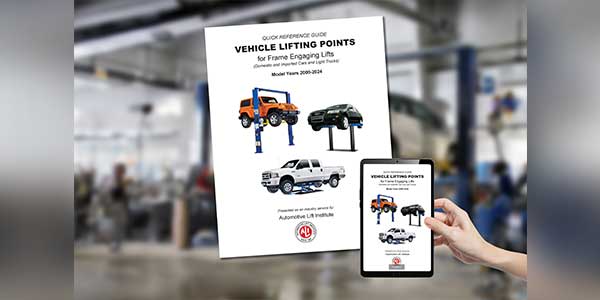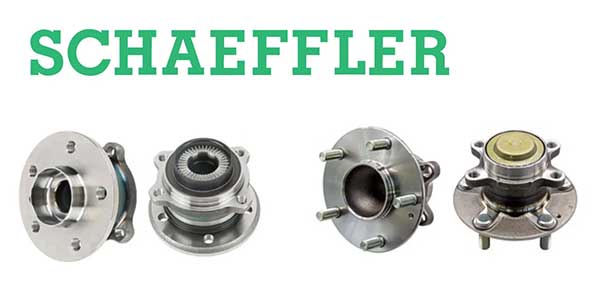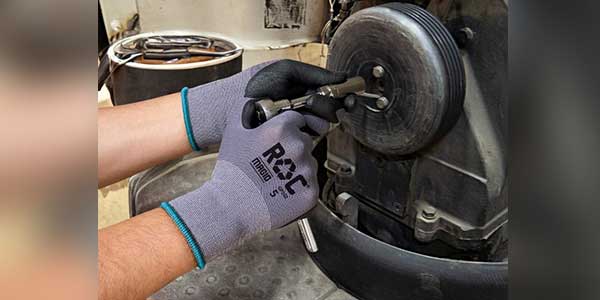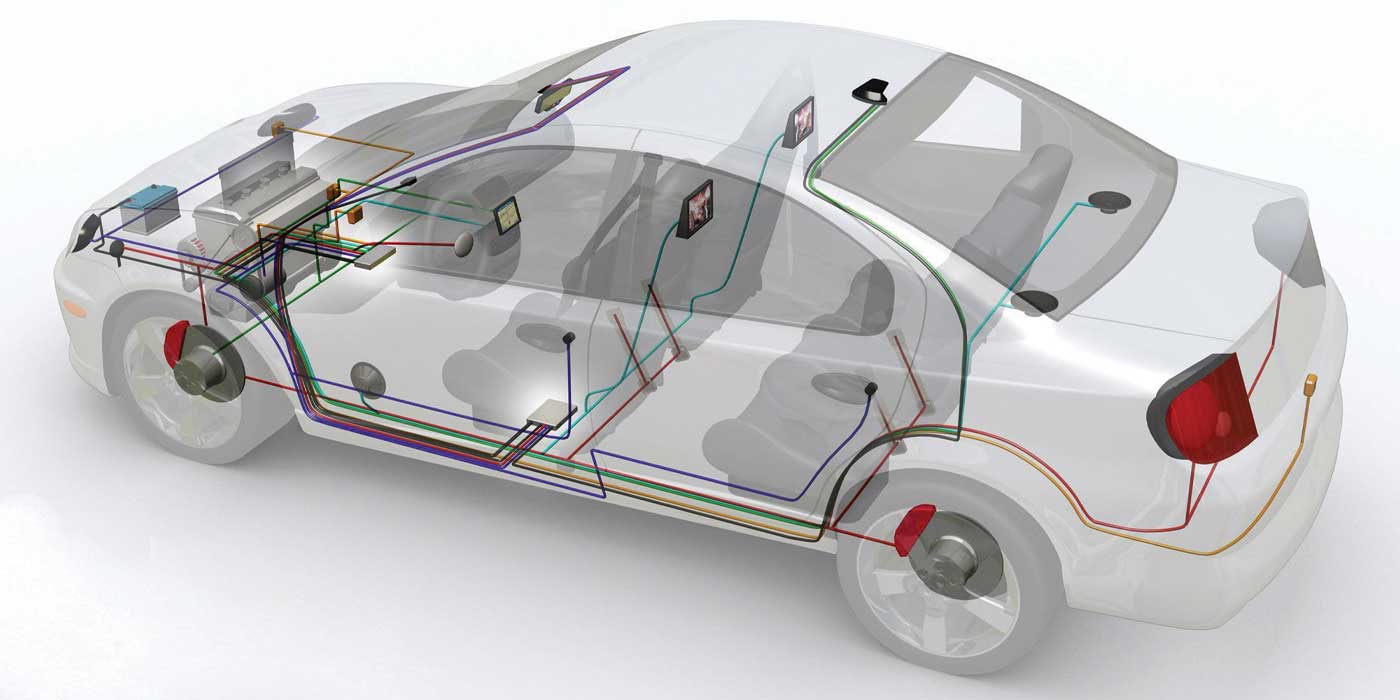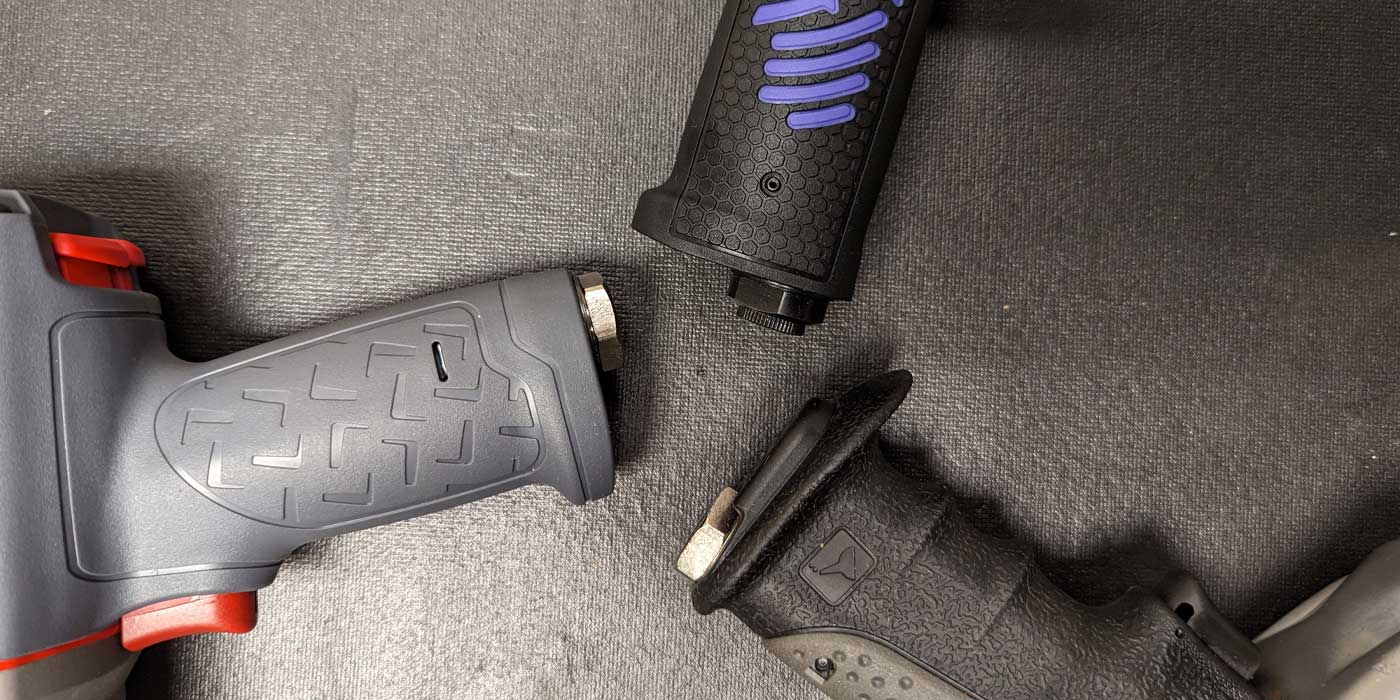The service departments of today’s automotive dealerships are facing pressure from customers, employees and even OEMs to work harder and faster. Against the backdrop of an ongoing technician shortage, dealers turn to process automation opportunities to help support their teams.
From service schedulers to equity mining tools, franchise and independent dealers alike are looking for opportunities to do more in the service department with less. One of the most obvious, yet undervalued, areas of opportunity to streamline the service department is in the technicians’ repair order event stories.
In most cases, today’s dealership service management teams’ daily responsibilities have stretched far beyond what can be achieved on any given day. With the increase in overall in-vehicle technology available, coupled with the growth in electrified vehicles, it’s no surprise that repair event stories are getting more and more complicated. At the same time, the necessary content needed for vehicle claim submission and payment seems to be ever changing.
Unfortunately, nowhere in any OEM policy and procedure manual exists the explicit directions for a technician to simply read and understand exactly how to write an approved claim for credit story. The second-leading reason for warranty debit is improper documentation of the Complaint, Cause and Correction in an event story, but there’s been no standardization in the industry about how these should be written. It’s because of all this that dealerships are 10 times more likely to be audited by the manufacturer than by the IRS.
In most cases, technicians have not been trained to write event stories well, nor is it the reason they got into automotive. They are passionate about vehicles — repairing them, making them the best they can be and replacing parts so that they can run more efficiently. Drafting repair event stories is administrative work. Consider how much time these repair event stories take to write. If each technician works on an average of about five cars, with a minimum of two stories per R/O, that’s approximately a half hour of time each day that your technicians are not spending working on vehicles in your service bay. Now, multiply that by the number of technicians employed at your dealership and you could easily be wasting hundreds of technician hours every month.
While technician training and the processes of writing proper repair event stories vary, the ability to streamline this is a critical opportunity for the warranty claims process. Not only is it possible to position the dealership in the best light legally, but this automation provides consistent, professional and OEM-specific, compliant language for technicians. The number of approved claims increases, while wasted technician time decreases. Your employees get back to doing what they are passionate about, while not having to stress over constantly changing RO claims processes that they were never trained for in the first place.


